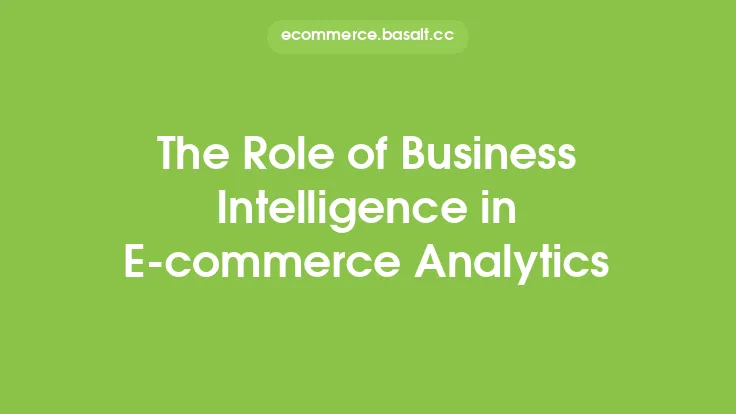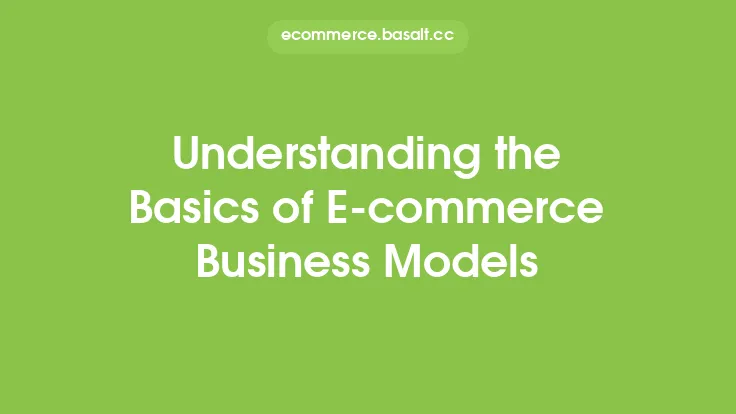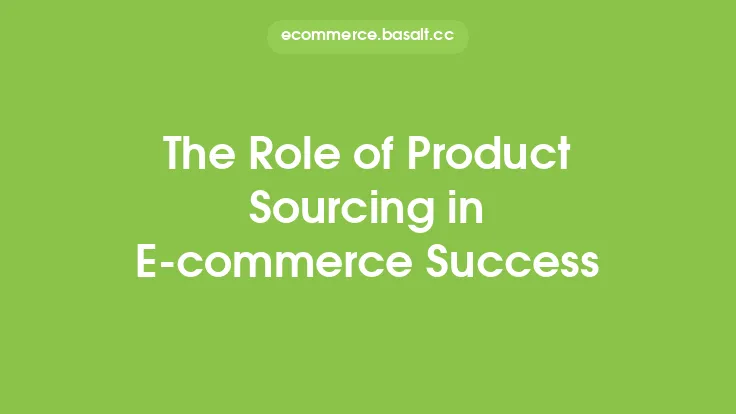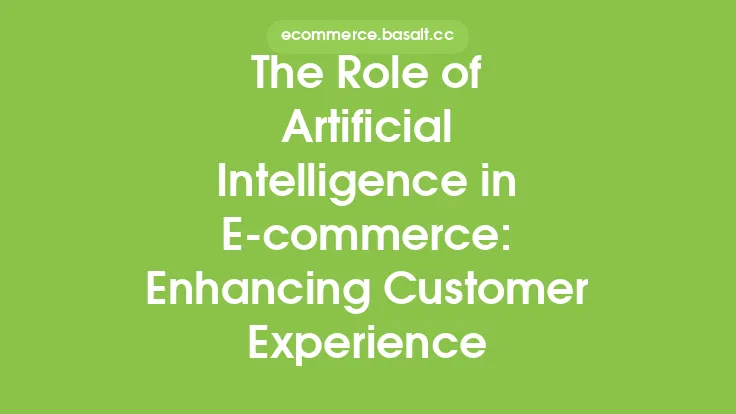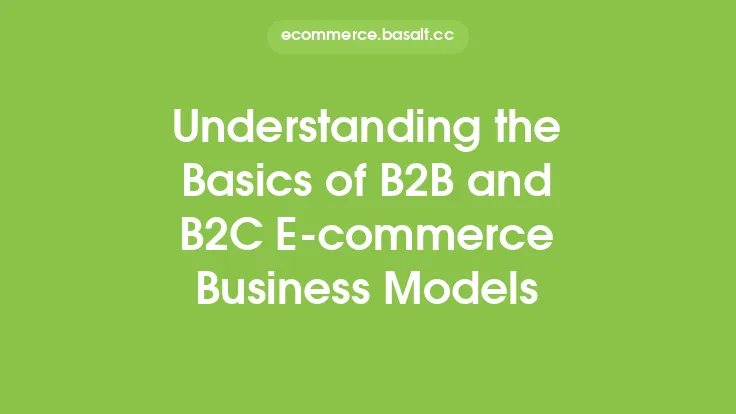In the realm of e-commerce, marketplaces have emerged as a pivotal component of business models, revolutionizing the way companies operate and interact with their customers. A marketplace, in the context of e-commerce, refers to a platform that enables multiple third-party sellers to offer their products or services to a large customer base. This concept has been instrumental in shaping the e-commerce landscape, offering a myriad of benefits to both sellers and buyers. At its core, the role of marketplaces in e-commerce business models is multifaceted, influencing aspects such as product offerings, customer reach, operational efficiency, and competitive advantage.
Introduction to Marketplaces
Marketplaces act as intermediaries between buyers and sellers, providing a platform for transactions to occur. They can be categorized based on the types of products they specialize in, such as general merchandise, niche products, or digital goods. The popularity of marketplaces can be attributed to their ability to aggregate a wide range of products from various sellers, making them one-stop shops for consumers. This aggregation not only enhances customer convenience but also fosters competition among sellers, which can lead to better prices and quality of products.
Benefits for Sellers
For sellers, marketplaces offer a ready-made infrastructure to reach a vast customer base without the need for significant upfront investments in marketing and logistics. By leveraging the existing customer traffic and trust associated with a marketplace, sellers can quickly scale their businesses. Moreover, marketplaces often provide tools and services that help sellers manage their inventory, fulfill orders, and analyze sales performance, thereby simplifying the process of running an online business. The exposure and support provided by marketplaces can be particularly beneficial for small and medium-sized enterprises (SMEs) or new entrants in the market, helping them compete with larger, more established brands.
Benefits for Buyers
From the buyer's perspective, marketplaces offer a convenient and often more trustworthy alternative to purchasing directly from individual sellers. Marketplaces typically implement measures to ensure transaction security, such as payment protection and dispute resolution processes, which can mitigate the risks associated with online shopping. Additionally, marketplaces allow buyers to compare products from different sellers, read reviews from other customers, and make informed purchasing decisions. The variety and competitiveness of marketplaces also lead to competitive pricing, further enhancing the value proposition for buyers.
Operational Efficiency and Logistics
Marketplaces play a crucial role in enhancing operational efficiency for both sellers and the marketplace operators themselves. By centralizing logistics and fulfillment services, marketplaces can reduce shipping times and costs, making the overall shopping experience faster and more reliable. Some marketplaces have even integrated artificial intelligence and data analytics to predict demand, manage inventory levels, and optimize supply chain operations. This level of sophistication not only improves customer satisfaction but also contributes to the sustainability and profitability of the businesses operating within the marketplace ecosystem.
Competitive Advantage
In the highly competitive e-commerce landscape, marketplaces provide a unique competitive advantage to the businesses that effectively utilize them. By tapping into the existing infrastructure and customer base of a marketplace, businesses can quickly expand their market share without the burden of building everything from scratch. Moreover, the data and insights provided by marketplaces can help businesses refine their strategies, identify new opportunities, and stay ahead of the competition. The ability to adapt and evolve within a dynamic marketplace environment is crucial for long-term success in e-commerce.
Challenges and Considerations
Despite the numerous benefits, operating within a marketplace also presents several challenges and considerations. Sellers must comply with the marketplace's policies and fees, which can eat into their profit margins. Additionally, the competition within marketplaces can be fierce, requiring sellers to continuously differentiate their products and services. For marketplace operators, ensuring the quality and reliability of sellers, managing customer expectations, and maintaining a competitive edge in the market are ongoing challenges. Furthermore, issues related to intellectual property protection, counterfeiting, and data privacy must be addressed to maintain trust and integrity within the marketplace.
Future of Marketplaces in E-commerce
The future of marketplaces in e-commerce is promising, with trends indicating a continued shift towards online shopping and the use of digital platforms for commercial activities. The integration of emerging technologies such as blockchain, augmented reality, and social commerce is expected to further enhance the capabilities and appeal of marketplaces. As consumers become more discerning and demand more personalized, seamless, and sustainable shopping experiences, marketplaces will need to evolve to meet these expectations. This could involve more specialized marketplaces, greater emphasis on community building and social interaction, and innovative approaches to logistics and supply chain management.
Conclusion
In conclusion, marketplaces have become an indispensable part of e-commerce business models, offering a platform for sellers to reach a broad audience and for buyers to access a wide range of products and services. The benefits of marketplaces, including enhanced operational efficiency, competitive advantage, and improved customer experience, make them an attractive option for businesses looking to succeed in the digital marketplace. As the e-commerce landscape continues to evolve, the role of marketplaces will likely expand, driven by technological innovation, changing consumer behaviors, and the need for sustainable and competitive business models. Understanding the dynamics and potential of marketplaces is essential for anyone looking to navigate the complexities of e-commerce and build a successful online business.
